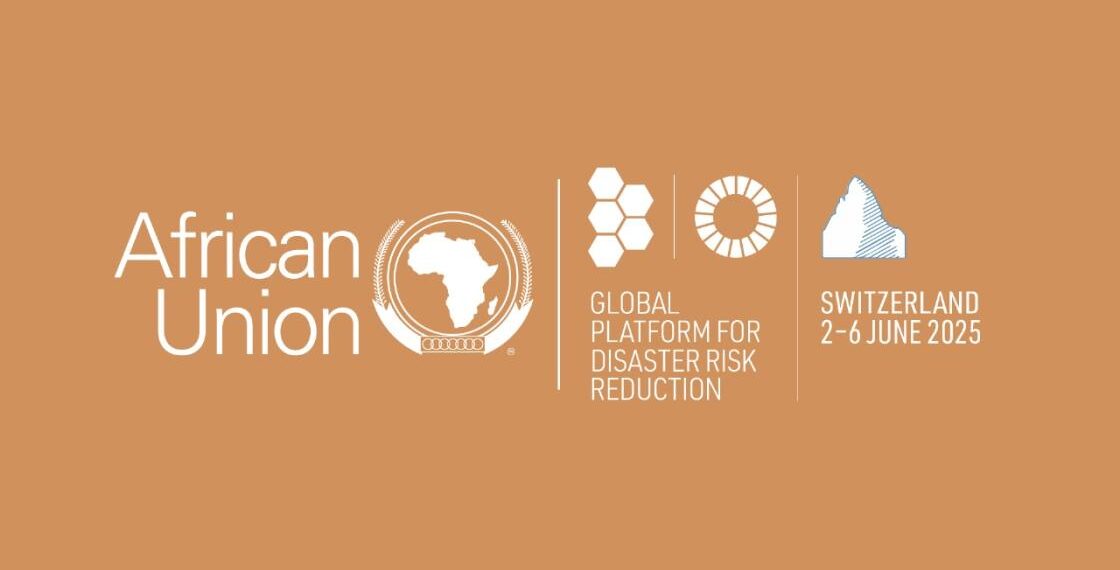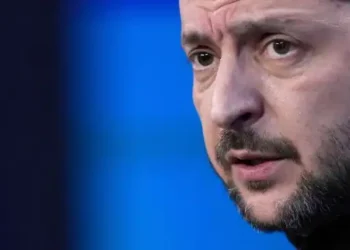The African Union Commission (AUC), through its Department of Agriculture, Rural Development, Blue Economy and Sustainable Development (ARBE), is set to make a strong case for disaster resilience at the 8th Session of the Global Platform for Disaster Risk Reduction (GPDRR 2025).
Scheduled to take place from June 2 to 6, 2025, in Geneva, Switzerland, the summit carries the theme “Every Day Counts, Act for Resilience Today.”
Led by H.E. Moses Vilakati, AU Commissioner for ARBE, the Commission’s delegation will engage global stakeholders to showcase Africa’s achievements in disaster preparedness and to advocate for urgent international support and recognition of Africa’s unique challenges.
At the heart of their mission is the finalisation and promotion of the Africa Common Position, a unified stance aimed at ensuring Africa’s priorities are reflected in the global declaration on disaster risk reduction.
The AUC has been a driving force in implementing the Sendai Framework for Disaster Risk Reduction 2015–2030, particularly through its Disaster Risk Reduction (DRR) Unit. This unit has rolled out the Africa Programme of Action (PoA) to support the framework’s implementation, engaging extensively with African Union Member States, Regional Economic Communities, donor agencies, youth, academia, and civil society organisations to strengthen resilience across the continent.
Over recent years, the African Union has made significant strides in bolstering disaster risk governance and advancing early warning systems that enable timely and effective responses. These achievements include laying strong foundations for urban resilience, increasing preparedness and response capacity, and driving resilience-building efforts in fragile zones such as the Sahel.
“The African Union Commission remains committed to accelerating the implementation of the Sendai Framework through the Africa Programme of Action,” Commissioner Vilakati stated, underlining the AUC’s unwavering commitment to disaster risk reduction.

AU Pushes Sendai Action Commitment
Central to the AUC’s progress has been its partnership with international collaborators. The European Union-funded Intra-ACP Natural Disaster Risk Reduction Programme (NDRRP) served as a catalyst, providing the structural and financial support that enabled the expansion of the Commission’s DRR initiatives.
Building on that foundation, the AU launched several continent-wide programmes, including the Africa Multi-Hazard Early Warning and Early Action System (AMHEWAS), the Africa Urban Resilience Programme (AURP), and the Sahel Resilience Project. These initiatives are not only expanding technical capacity but also establishing vital networks that cut across national borders and sectors.
Financial and technical backing from international partners has played a crucial role. Beyond the EU, generous support has come from the governments of Italy, Denmark, Sweden, Norway, and Angola. Key implementing partners include the United Nations Office for Disaster Risk Reduction (UNDRR), the United Nations Development Programme (UNDP), the World Bank (WB), the CIMA Research Foundation, and GIZ — Germany’s international development agency.
As the Geneva platform convenes world leaders, policymakers, and civil society, the African Union’s delegation is expected to push for the inclusion of Africa’s position in the final global declaration. By doing so, the AU aims not only to ensure representation but also to reinforce the global understanding that resilience must be a collective and inclusive endeavour.
With growing climate-related disasters and economic vulnerabilities across the continent, Africa’s presence at the GPDRR 2025 signals a determined and coordinated approach toward safeguarding lives, livelihoods, and sustainable development goals.
READ ALSO: President Mahama Charts Transformative Vision for Ghana’s Mining Future



















